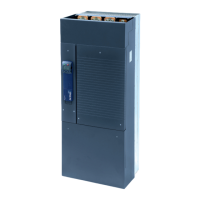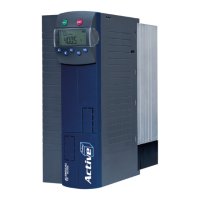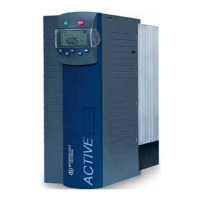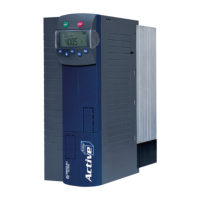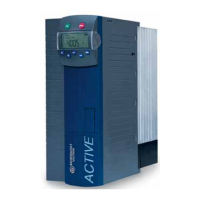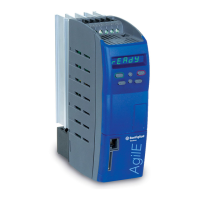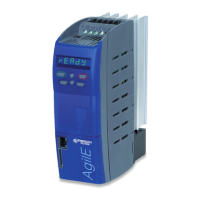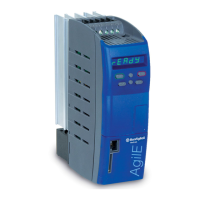Operating Instructions ACU
11.2 Further motor parameters
In particular the field-oriented control requires the determination of further data which cannot be
read off the rating plate of the 3-phase machine for the precise calculation of the machine model. In
the course of the guided commissioning, the parameter identification was carried out to measure the
further motor parameters.
11.2.1 Stator resistance
The resistance of the stator winding is measured during the guided commissioning. The measured
value is saved as a phase value in parameter Stator Resistance 377 and is 3 times smaller than the
winding resistance in delta connection.
By default, the equivalent stator resistance of a standard motor was entered to match the reference
output of the frequency inverter.
1)
In settings 1xx, 2xx, 4xx of Parameter Configuration 30.
2)
In settings 5xx and 6xx of Parameter Configuration 30.
Stator resistance asynchronous motor:
The stator resistance of an asynchronous motor can be optimized while the machine is in no-load
operation. At the stationary operating point, the torque-forming current Isq 216 and/or the
estimated Active Current 214 should be zero. Due to the temperature-dependent of the stator
resistance, the adjustment should be done at a winding temperature which is also reached during
normal operation.
A correct measurement will optimize the control functions.
Stator resistance synchronous motor:
The stator resistance value of a synchronous machine is entered during commissioning. The stator
resistance is needed for the current controller settings and should be available and entered as
exactly as possible for this reason. The Stator Resistance 1190 is referred to the value between two
motor phases and can typically be applied directly from the motor data sheet.
11.2.2 Leakage coefficient
The leakage coefficient of the machine defines the ratio of the leakage inductance to the main
inductance. The torque and flux-forming current components are thus coupled via the leakage
coefficient. Optimization of the leakage coefficient within the field-oriented control systems demands
an acceleration to various operating points of the drive. The flux-forming current Isd 215 should be
largely independent of the load torque (unlike the torque-forming current Isq 216). The flux-forming
current component is inversely proportional to the leakage coefficient. If the leakage coefficient is
increased, the torque-forming current increases and the flux-forming component drops. The
adjustment should result in a relatively constant actual current Isd 215 matching the set Rated
Magnetising Current 716, regardless of the load on the drive.
The sensorless control system uses the parameter Leakage Coeff. 378 in order to optimize the
synchronization to one drive.
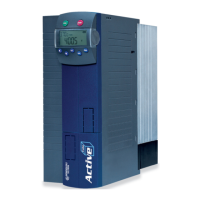
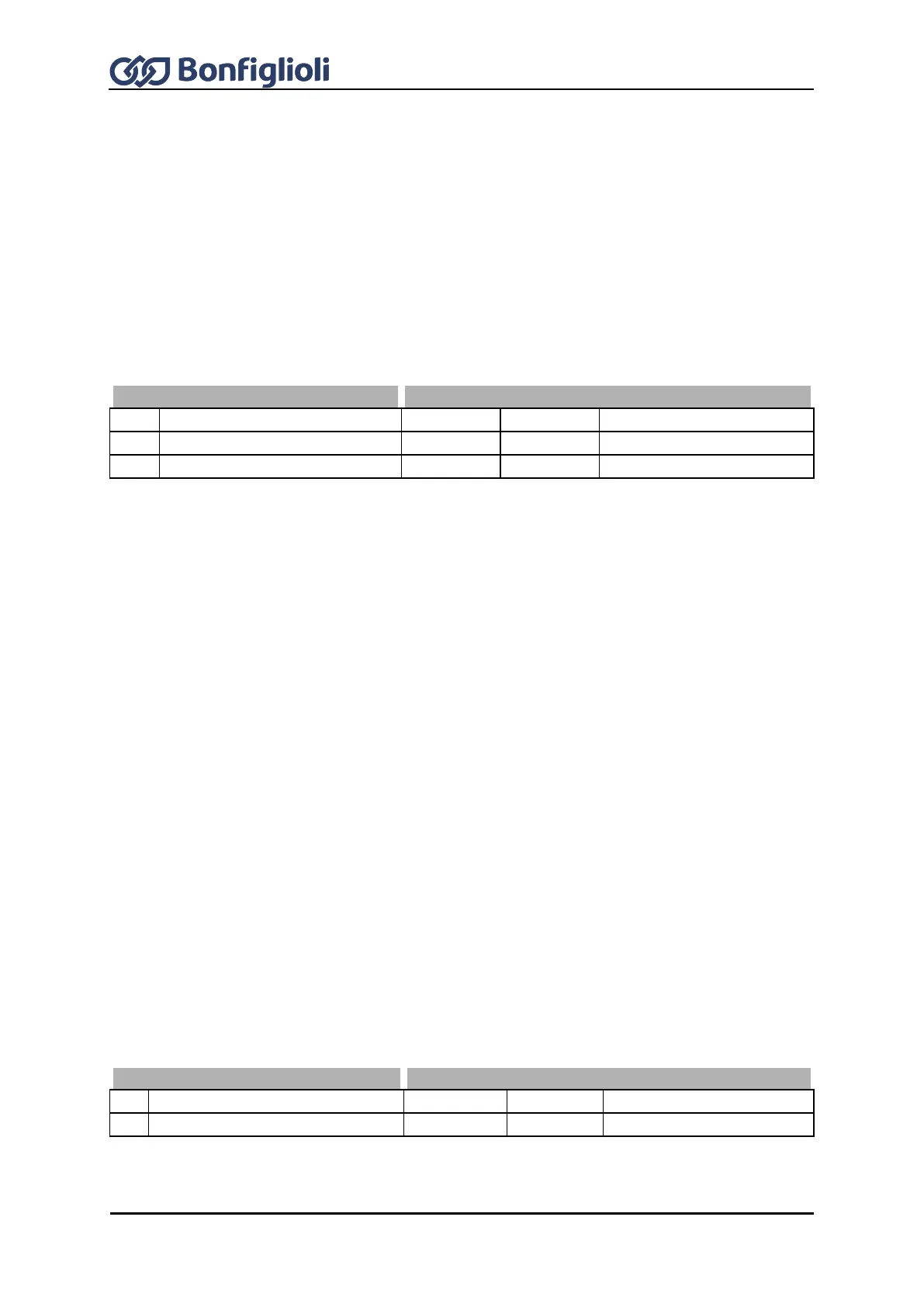